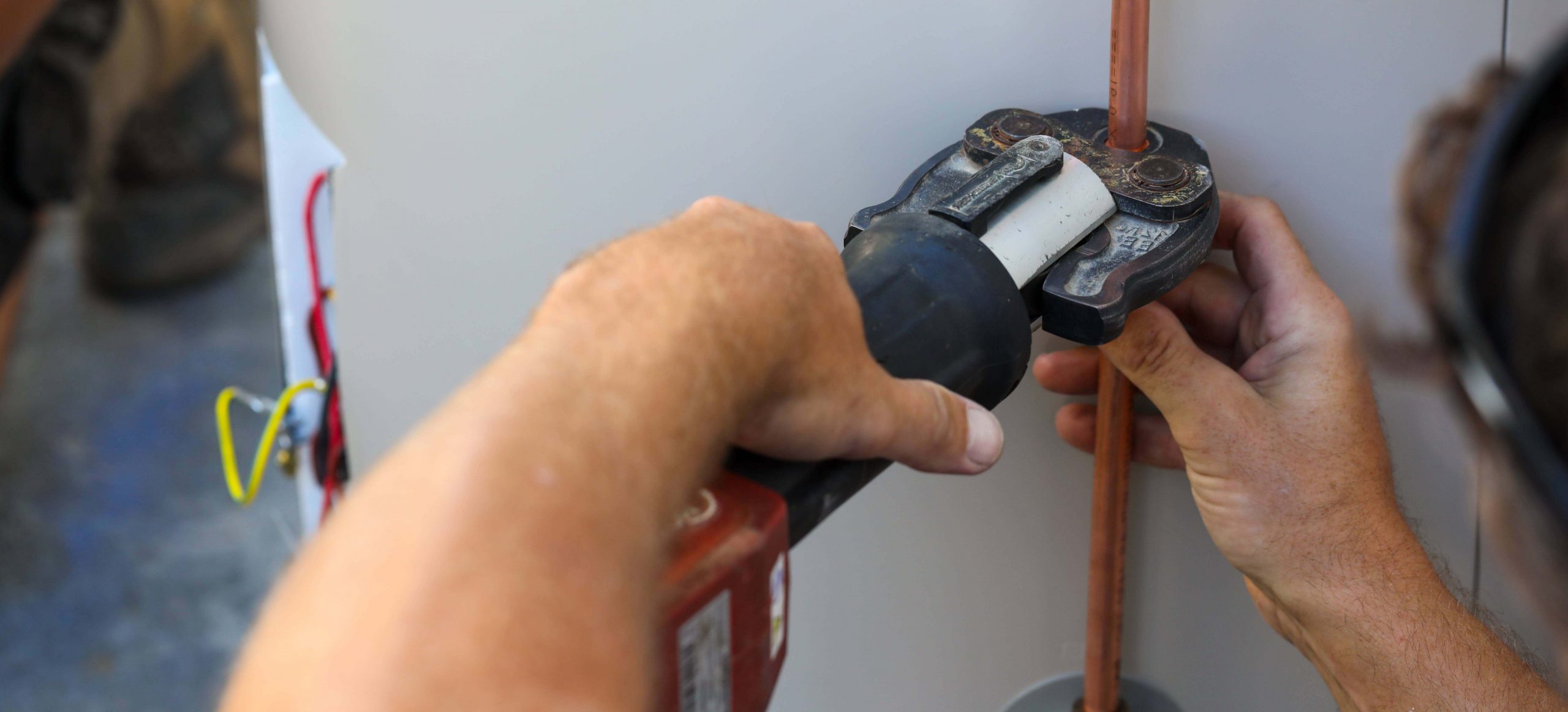Coping with the Most Frequent Hot Water Heater Emergencies
Coping with the Most Frequent Hot Water Heater Emergencies
Blog Article
We have stumbled upon this article relating to Is Your Water Heater Leaking? listed below on the net and figured it made good sense to relate it with you in this article.

A water heater is among one of the most important basic home appliances that can be discovered in a residence. With water heaters, you don't need to undergo the stress and anxiety of home heating water by hand every single time there is a need to take a bath, do the laundry, or the dishes. There is always a possibility that your water heater would act up as with most mechanical tools.
It is necessary to keep in mind any type of little breakdown as well as tackle it rapidly before points get out of hand. Most times, your hot water heater starts to malfunction when there is an accumulation of sediments as a result of continuous use. As a safety measure, periodic flushing of your water heater is advised to stop debris build-up as well as stop practical failure.
Common hot water heater emergency situations and exactly how to deal with them
Insufficient warm water
Handling a not enough supply of hot water can be irritating. It may be that the water heater can't sustain the warm water need for your house. To take care of this trouble, you could attempt to change your heating unit's temperature level dial and also await a couple of mins. You can ask for the help of a professional plumber if the trouble persists. Additionally, you might update your water heater to one with a bigger capability.
Fluctuating water temperature level.
Your water heating system can begin generating water of various temperatures typically ice scalding or cold hot. There might be a demand to replace either the thermostat or the home heating device of your water heating system.
Leaking water heater tank.
In this circumstance, you need to transform off your water heating system, permit it to cool down, and also thoroughly look for the resource of the problem. At times, all you need to do is to tighten up a couple of screws or pipeline connections in cases of small leaks. If this doesn't work and the leak lingers, you may need to use the solutions of a service technician for an appropriate substitute.
Tarnished or stinky water
When this happens, you need to know if the concern is from the container or the water resource. If there is no amusing scent when you run cold water, then you are certain that it is your water heater that is malfunctioning. The smelly water can be caused by rust or the buildup of microorganisms or sediments in the water heating unit tank.
Conclusion
Some homeowners neglect little warning and minor faults in their water heater device. This just leads to further damage and a possible full breakdown of your appliance. You should handle your water heater faults as soon as they come up to avoid more expenses and unneeded emergency problems.
With water heating systems, you do not need to go through the anxiety of heating water manually every time there is a demand to take a bathroom, do the laundry, or the recipes. It might be that the water heater can't sustain the warm water need for your apartment. Your water heater could start producing water of different temperatures generally ice hot or cool warm. If there is no funny odor when you run cool water, then you are certain that it is your water heating unit that is faulty. The stinky water can be caused by corrosion or the accumulation of bacteria or debris in the water heater storage tank.
Common Water Heater Issues and What You Should Do
What Type of Water Heater Do You Have?
Before we begin it’s first important that you identify the type of water heater you have on your property. There are two main types of water heaters out there: conventional and high efficiency.
Both of these types of products typically use either gas or electricity to heat power. There are also solar water heaters that use a thermal collector on the roof or yard to heat the water.
While these models are not as common, they can cut heating costs in half. In this article, we will focus on conventional and high efficiency.
How Do My Electric and Gas Water Heater Work?
Though they look similar, electric and gas water heaters work very differently. It’s important to know their basic function because often problems can be specific to the heating source.
In the electric model, a thermostat on the side of the machine detects the temperature of the water in the tank. When the temperature needs to rise electricity flows to a heating element suspended in the water.
Gas models also use a thermostat device — typically with a mercury sensor at the tip and an additional sensor called a thermocouple. The thermocouple detects whether the pilot light is on and controls the flow of gas.
When the thermostat drops below the appropriate level gas is released which becomes ignited by the pilot light. The flame heats the bottom of the water tank which causes hot water to rise and cold water to drop.
This natural circulation continues until the water reaches the desired temperature. Then, the thermostat triggers the gas control valve to shut off the flow of gas.
What Are the Most Common Issues and How Do You Fix Them?
https://happyhiller.com/blog/common-water-heater-issues-and-what-you-should-do/

I ran across that content about Common Hot Water Heater Problems when surfing around the search engines. Sharing is nice. Helping others is fun. We enjoy reading our article about Warning Signs You Need Water Heater Repairs.
Top service? Contact. Report this page